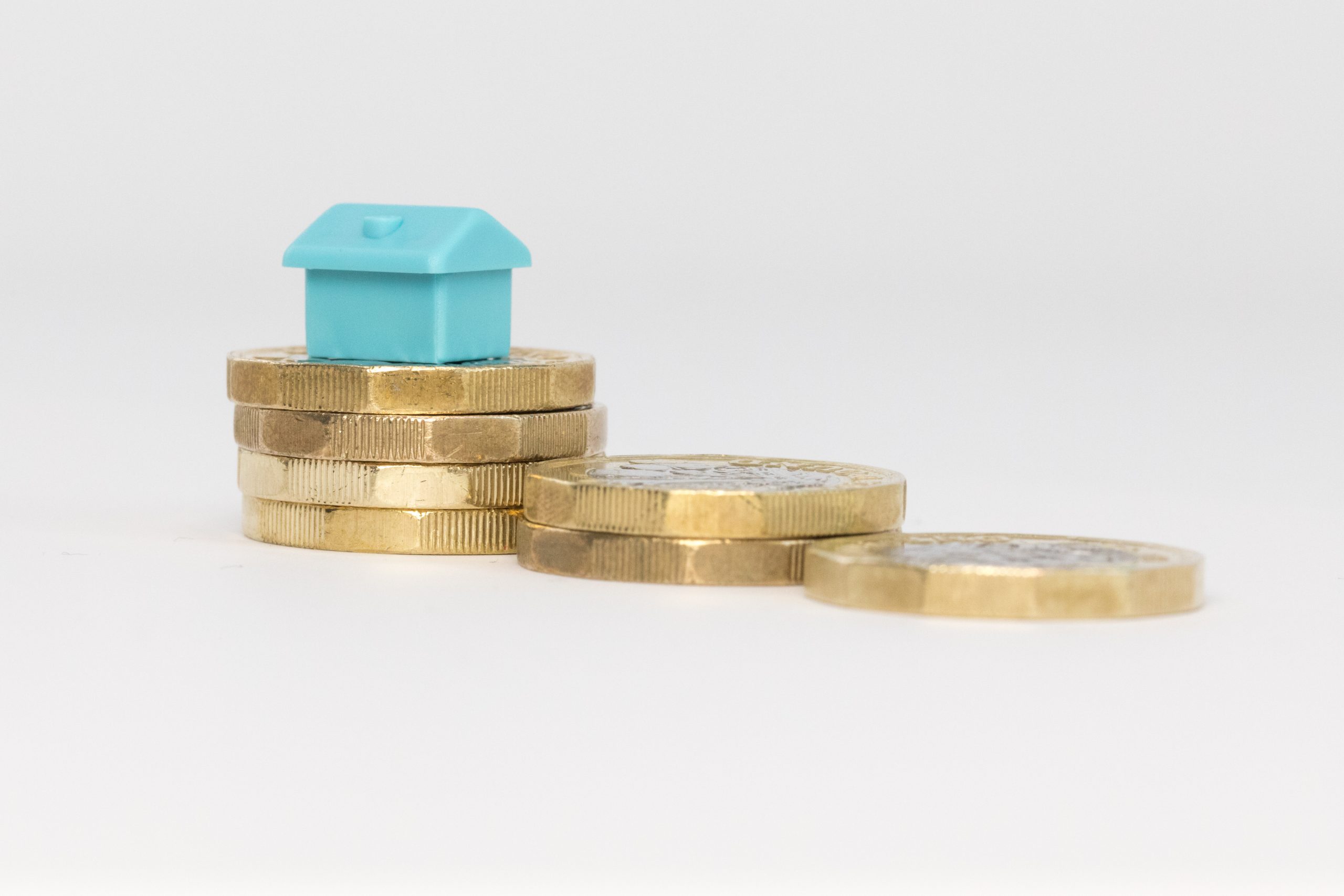First-time Buyer
House prices dip for first time in a year

Guest Author:
Shekina TuaheneAverage UK house prices saw a marginal 0.1% month-on-month drop in July, the first decline since June 2021.
Halifax’s house price index for July put the typical property price at £293,221. This was 11.8% up on prices last year, a slower yearly growth rate than June’s 12.5% increase.
The strongest annual growth was seen in Wales, where house prices surged 14.7% to £222,639.
This was followed by the South West of England, where a 14.3% uplift put the average house price at £310,846.
Although London continued to have a slower rate of growth than other regions and nations, it saw a 7.9% increase in July which was the highest in nearly five years. The average price of a property in the capital now sits at £551,777 making it the most expensive place in the UK to buy a home.
For first-time buyers, annual inflation dropped to 10.7% from 12.4% in June. Yearly house price increases for home movers continued to be stronger at 12% in July, compared to 12.5% in June.

Wellness and wellbeing holidays: Travel insurance is essential for your peace of mind
Out of the pandemic lockdowns, there’s a greater emphasis on wellbeing and wellness, with
Sponsored by Post Office
House prices up £30,000 in a year
Russell Galley, managing director at Halifax, said: “Following a year of exceptionally strong growth, UK house prices fell last month for the first time since June 2021, albeit marginally. This left the average house price at £293,221, down £365 from the previous month’s record high. The rate of annual inflation eased slightly, although it’s important to note that house prices remain more than £30,000 higher than this time last year.
“While we shouldn’t read too much into any single month, especially as the fall is only fractional, a slowdown in annual house price growth has been expected for some time. Leading indicators of the housing market have recently shown a softening of activity, while rising borrowing costs are adding to the squeeze on household budgets against a backdrop of exceptionally high house price-to-income ratios.”
Slower annual growth ahead
Galley said the main drivers of the buoyant market remained, such as extra savings during the pandemic, supply issues and a change in what people want from their homes. However, he said house prices would come under more pressure as rates and living costs rise making slower annual growth most likely.
Karen Noye, mortgage expert at Quilter, said the “much-anticipated reversal of house prices may have just begun to materialise” albeit with a small decline.
Iain McKenzie, CEO of The Guild of Property Professionals, added: “When we’ve become so accustomed to seeing house prices rocket every month it would be easy to get over excited about this unfamiliar dip.
“The truth is that the housing market has shown itself to be resilient to the wider struggles of the economy, and this decrease is likely to herald a slight cooling off in prices rather than anything more dramatic.”
Recession warning to dampen market
Nicholas Finn, managing director of Garrington Property Finders, said the property market had been resistant to the cost-of-living crisis but suggested it may not withstand the threat of a recession.
He said: “At some point, buyers come to the conclusion that chasing the market isn’t worth it. It’s incredibly difficult to predict when that moment comes but, with Andrew Bailey not mincing his words and disposable incomes collapsing thanks to the energy and cost-of-living crisis, it may well have arrived.
“The end of the year tends to be a time when economic realities come home to roost. It also happens to be when the governor of the Bank of England predicts the UK could enter recession. Something has to give, and this could be the moment buyers realise they can give a little less.”
Repossessions and downsizing to increase stock
It was suggested that the rising cost of living may result in repossessions or people selling up, which would bring more stock to the housing market and calm house price rises.
Noye, said: “Repossessions may increase as people struggle to pay for the increased cost of living and mortgage payments and therefore more stock may find its way onto the market. A lack of demand and an increase of stock will have the natural effect of pushing down prices.
“The autumn and winter could prove to be the tipping point for many as they struggle with increased bills and opt to move to smaller accommodation.”
Gindy Mathoon, founder of Derby-based mortgage broker, Create Finance, added: “With the base rate rising by 0.5% this week, we may soon start to see people downsize or sell their properties so they can cope with the cost-of-living crisis.
“This could result in a wave of properties coming onto the market, which would see property prices decrease.”
He said: “What we are also likely to see is people extending their mortgage terms just to cope with the increased cost of their mortgage payments. If the bleak economic predictions of the Bank of England prove true, the property market is going to be tested like never before.”
Stuart Law, CEO of the Assetz Group, urged for more to be done to improve the supply of homes.
He said: “Meeting the nation’s housing demand is an issue that can no longer be ignored, and the recent two years of strong growth show that housing supply is far too weak to satisfy periods of strong demand.
“The government must turn its attention to lowering costs placed on UK housebuilders, reducing barriers to planning and increasing access to funding. This is essential to support a fair housing market where people can afford housing and we do not see periods like this one, where prices have been forced upwards and out of reach of many buyers, due to low supply and now rising household costs.”